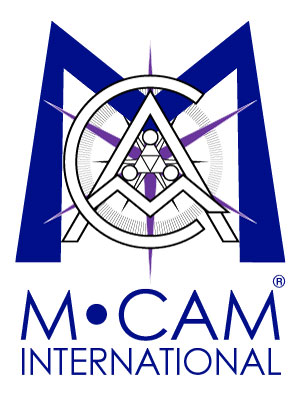June 30, 2011
In
News Archive
Date: Thu, 2011-06-30
CHARLOTTESVILLE, VA – June 30, 2011 – M·CAM, Inc. released its Patently Obvious® report today on the patent holdings of Dolby Laboratories listed in Dolby International AB v. Research in Motion Limited et. al.
On June 14, 2011, Dolby Laboratories filed patent infringement lawsuits against Research in Motion, Ltd., accusing the smartphone company of employing its digital audio compression technologies in the BlackBerry and PlayBook devices.
Dolby claims that its patents sit at the core of High-Efficiency Advanced Audio Coding (hereafter “HE-AAC”) technology””an international standard for MPEG-4 Audio used widely in consumer electronics. According to Dolby, RIM’s unlicensed use of the technologies gives it an unfair market advantage, since “all other major smartphone manufacturers” pay licensing fees to use this same technology in their devices. However, it would appear that the alleged unfair market advantage has yet to be realized as RIM’s growing economic woes continue unabated.
Despite the pecuniary gains Dolby hopes to realize, M·CAM questions Dolby’s judgment in initiating litigation with patents of potentially dubious quality, particularly if, as Dolby claims, these patents provide immense value as core components of a ubiquitous audio standard. Using the M·CAM DOORS™ analytic platform, an intellectual property analysis of Dolby’s asserted U.S. Patent No. 7,590,543 (hereafter ”˜543) was conducted, as well as an examination of the innovation space surrounding the ”˜543 patent and its patent family members. Certain properties were identified that may potentially weaken the claims under ”˜543 and related patents, and may alter the value of Dolby’s properties.
For RIM, Dolby’s litigious assertion of its technology’s value delivers another disabling blow as the smartphone company struggles against more innovative competitors. However, by attempting to assert the distinctiveness of its technology, Dolby may have inadvertently exposed weakness in its own IP position, putting an important source of revenue at risk. While RIM may suffer from the costs of litigation, the damage the lawsuit could cause to the strength of Dolby’s proprietary interests may prove far more significant.
The question stands: are Dolby’s infringement claims valid, or will potential weaknesses in its asserted patents backfire, injuring Dolby’s own portfolio?
M·CAM’s Patently Obvious® is a weekly report providing visibility into potentially unconsidered alternatives, including art in the public domain, to patent holdings across a variety of technology areas.
M·CAM, Inc. is a global, full-service intellectual property and rights (IP&R) and intangible asset financial services firm. We provide the technical and financial systems that allow public and private markets to use IP&R and IA for regulated transactions in banking, securities, insurance, and public innovation investment and technology procurement. From our pioneering work in creating the world’s first standards-based innovation collateralization financial products for banking and securities to our work in grassroots innovator enablement and patent quality assurance programs, M·CAM provides the mechanism to balance the interests of public and commercial sectors to support and build thriving economies.
The M·CAM Patently Obvious® report on the Dolby patent can be found HERE.

